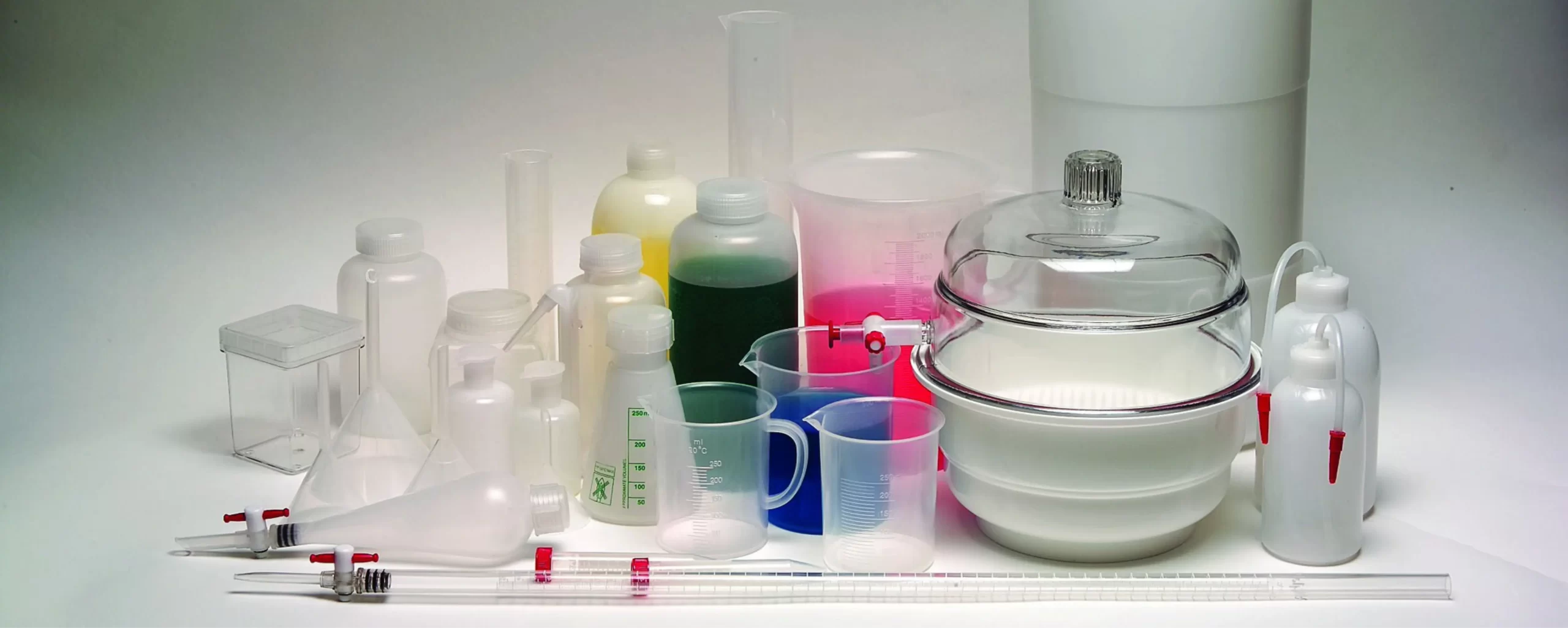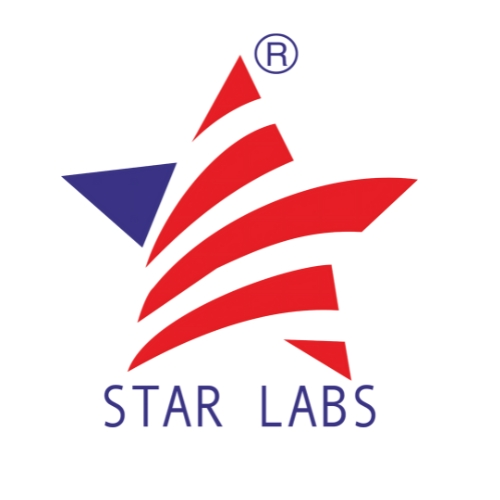Plastic Laboratory Products
Products

Laboratory Plastic ware and their uses
A) Plastic Beakers: used for mixing, stirring and short-term storage of liquids. They come in a variety of sizes and are often labeled for volume measurement.
b) Plastic cylinder: designed for precise measurement of the amount of water. It is available in different capacities and it is necessary to ensure the right solution.
c) Reagent bottles: used to store and distribute chemicals and solutions. They often open for easy pouring and are available in a variety of sizes and screw caps.
d) Wash Bottles: Squeeze the vials to clean the glass or add a small amount of solution to the reactions. It usually has a curved opening for direct flow of water.
E) Pipette Stand: Although not containers, these shelves are important for organizing and storing different types of pipes, keeping them clean and easily accessible.
f) Plastic flask: Available in different types like Erlenmeyer flask, volumetric flask and round bottom flask. It is used for mixing, heating and storing water and chemical.
g) Plastic petri dishes: round dishes used for microbial growth or small experiments. It is often used in microbiology and cell culture applications.
h) Test tubes and racks: used for small tests, sample storage and centrifugation. Integrated shelves help you organize and store multiple test tubes.
Materials Used in Laboratory Plasticware
The choice of plastic material depends on the specific application and chemical compatibility. Common ones:
Polypropylene (PP): resistant to many chemicals and suitable for autoclaving.
Polyethylene (PE): flexible and chemical-free, suitable for general use.
Polycarbonate (PC): light and flexible, suitable for visible tests..
Polytetrafluoroethylene (PTFE): Highly resistant to chemicals and non-stick, used for special applications.
Types of Laboratory Plasticware and Their Uses: A Comprehensive Guide
Laboratory Plastic ware has become an important part of modern research and experiment. This plastic ware is made with high quality plastic which are versatile, durable and chemical resistant. In this comprehensive guide we will tell you about the types of glassware and there uses.
Laboratory plastic ware refers to the wide range of laboratory containers used in scientific laboratories for mixing, storing and transporting the chemicals from one place to another. Shifting from glass to plastic ware offers numerous benefits in terms of safety, versatility and efficiency.
Materials Used in Laboratory Plastic ware
The choice of plastic material depends on the specific application and chemical compatibility. Common ones:
Polypropylene (PP): resistant to many chemicals and suitable for autoclaving.
Polyethylene (PE): flexible and chemical-free, suitable for general use.
Polycarbonate (PC): light and flexible, suitable for visible tests..
Polytetrafluoroethylene (PTFE): Highly resistant to chemicals and non-stick, used for special applications.
